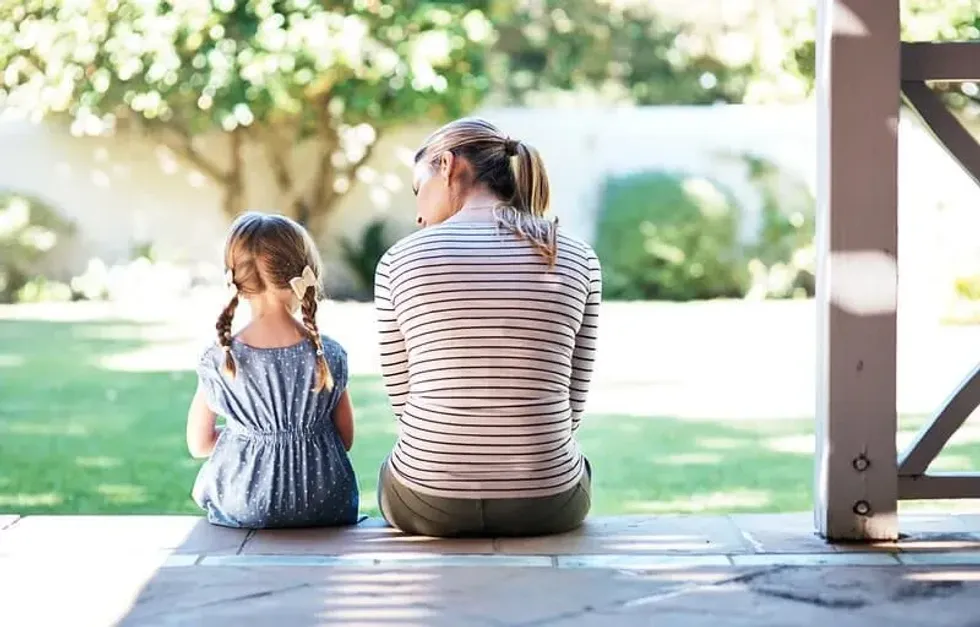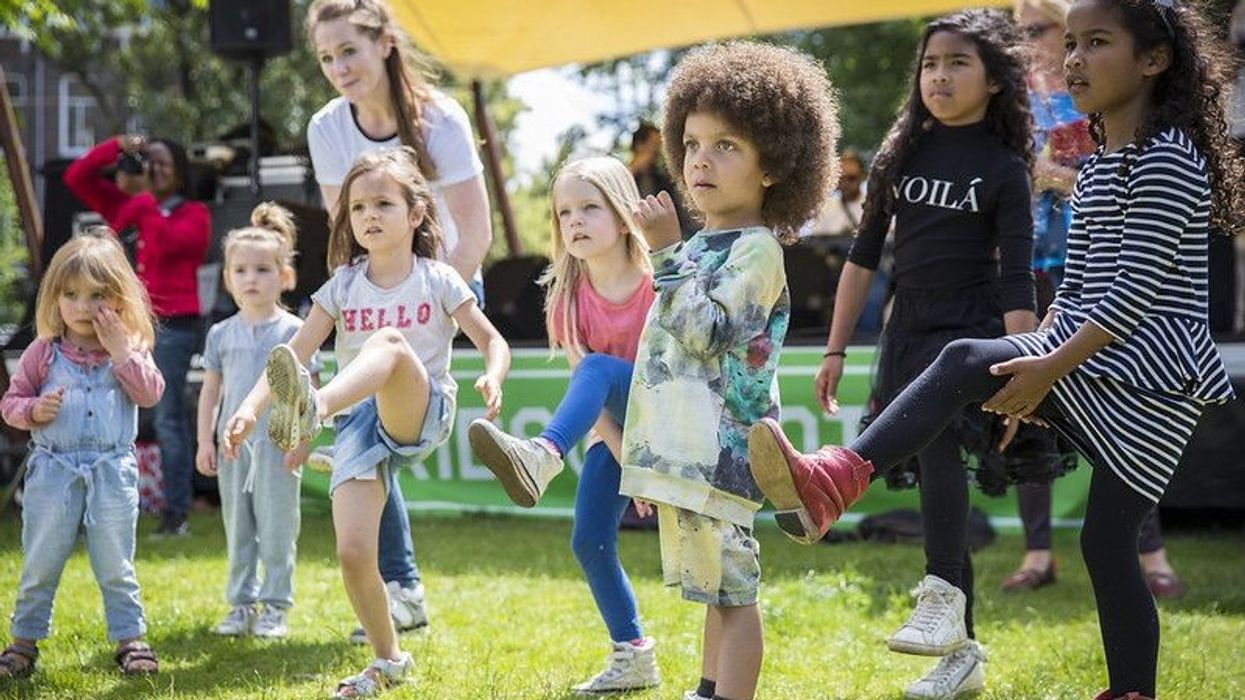Spending extra time with our family, like when the holidays suddenly come full swing, can, unfortunately, lead to more arguments.
Resolving conflict can often be tricky, so we've compiled a list of tips and ideas to help you navigate this time and keep the whole family feeling positive during this stressful time.
Keep Your Cool
Keeping calm is the best method for tackling any family disputes, but it can be tricky to manage your emotions when family members get angry. Maudsley Charity is our favourite resource to help guide you through these times. The website is full of advice on conflict resolution and creating the best possible family relationships.
Fight the Problem Not the Person
Blaming one person can be a natural go-to when things get heated. It can be tempting to use guilt tactics to win an argument, but in the long run, it's far better to fight a problem together, instead of fighting against each other.
For example, when your children are arguing over who's at fault, try to work out what the issue is, and how they can resolve it together. That way one person doesn't feel unfairly punished, and the problem gets solved.
Use 'We' Instead of 'You'
Reframing your language can have an amazing effect on how you resolve family conflicts.
If you have a problem you want to address, it can work a lot better if you change it from a 'you' problem - for example, 'you always leave your towel on the floor,' to a 'we' problem - 'how can we find a place to keep your towel that will keep it off the floor?'
Changing the wording will stop your child feeling personally blamed, and they'll usually be more willing to help find a solution, and you can work collaboratively.
Try Visualisations
To help your little ones learn how to manage their anger and resolve their conflicts. This is a valuable skill, and will help them grow and strengthen relationships with people throughout their lives.
Teaching them strategies from early on will help them to manage emotions. When your child is in a stressful situation, teach them to picture a traffic light turning from red to green.
While the light is red, take three large breaths and imagine calm washing over them. When it turns orange, they can think about the problem and the best way to handle it. Get them to think of two ways they could solve the problem.
When the light turns green, they can pick one of the ways and try it. Practising this technique will teach you how to stay calm.

Remember It Takes Two
An argument only exists if you engage with it. If you refuse to take the bait and stay calm when someone else is angry or upset, there is no fight, and you can tackle a problem instead of engaging in conflicts that aren't necessary.
Listen
When moments of conflict arise, it's important to listen to everyone's points of view, and not patronise them by assuming you know what they're going to say.
Everyone will be able to let off a bit of steam and feel heard, and if you can try not to take it personally, it's easier to solve a family conflict without a shouting battle.
Be Direct
Before you raise a problem, it helps to know exactly what you want the outcome to be. Instead of bringing up lots of annoying things, focus on the problem at hand, and you'll be able to solve the problem instead of getting into an argument that goes nowhere.
Stay On The Same Page
Sometimes arguments can arise when family members don't understand what you expect from them. Getting angry in these situations can often feel unfair when your kids haven't realised they've done something wrong. If people clearly know what's expected of them, it leaves less room to get things wrong and makes sure your family life stays free from conflicts.
Make Clear Consequences
When your kids and teens have broken family rules or behaved in a manner that isn't acceptable, it's important to make it clear that their actions have consequences, and you won't stand for them in your house.
Be clear on the consequences from the beginning, and instead of having an argument you'll be able to take control of the situation.
Reward Good Behaviour
To stop your kids feeling like they're constantly being nagged at for doing things wrong, make sure you're finding one way or another to reward them for good behaviour.
Be a Role Model
Your kids are watching and learning from how you behave, so remember when you argue with your partner or other adults, that you're teaching them how to behave in the same situations in their life.
Conflict is natural and helps to maintain healthy relationships, and if you handle it well you teach your children to be assertive, and approach situations that aren't working for them in a calm and productive way.
Agree To Disagree
Teens can be the source of a lot of conflict in families, as they rebel against the rules they've been taught and trying to figure out their own opinions.
It's important to remember that your kids don't always have to agree with what you think, and it's okay for them to have their own views. There doesn't always need to be a right and wrong, or winner and loser in every conflict.
If you let your teen calmly tell you how they feel, it'll help them to feel like they are a valued family member, and teach them how to resolve conflict in a healthy way.
Think Before You Speak
This can be tricky, and we're all far from perfect at biting our tongues, but if you can manage to take a deep breath before lashing out in a conflict, you'll save yourself from saying something you'll regret.
Remember To Apologise
Inevitably, there will be times when you lose your temper with people in your family and say things in the heat of the moment that you wish you could take back. Remember to apologise for any hurtful comment you've made, to ensure your kids know you love and care about them.
Stay Out Of It (Sometimes)
Siblings are notorious for fighting - one minute your little ones are thick as thieves, and the next they're screaming at each other - so quickly sometimes that you can't keep track.
Teaching your kids to solve problems themselves, without you having to be involved will save you a lot of stress. Encourage your kids to talk to each other about why they're upset, and find a solution together that benefits both of them.
If you do need to get involved, try to help them find ways to resolve the conflict, instead of fixing it for them, so that they can learn for future life problems.












